Haumea Energy as Derived from her Discovery Chart and Astromythology Series:

With the time of discovery uncertain, the discovery chart shows Haumea in Libra conjunct Pallas Athena and Jupiter with a focus on balance and harmony, justice and fairness, and striving for equilibrium in life, especially as it pertains to a gassed up person in close proximity who perhaps want all the limelight seen as a benevolent leader in society, but who don’t have the wisdom to make wise choices that is in everyone’s best interest, as self-interest, abuse of power and over-indulgence prevails for a season (Haumea opposed to Eris). In her discovery chart, Haumea in Libra squares Varuna conjunct Sirius in Cancer, which amps up that desire for social justice and fairness, as it pertains to holding a kingly position (Sirius) and that leadership position resulting in either honour and exaltation when the leader carries integrity and maturity, or result in a fall from grace when abuse of power resulting from greed and win-at-all-cost battling, takes them down.
In the cultural story of Earth Mother Haumea, Wākea and his wahine (female) called Papa (Haumea) lived together in Kilohana, the pali (cliff) between Kalihi-uka and Ko‘olau on the island of O‘ahu.
The cultural story explains how Wakea (Haumea’s partner) went up to gather the abundant wild food that grew in the mountain forest. But he was caught with a bunch of forbidden ripe bananas and was captured by the guards of Kumuhonua, the Ali’i Nui of Oahu, for supposedly “stealing the kapu bananas”. These were wild-growing mountain bananas, ripe for the picking for the forest animals and anyone who would come upon them, but they were supposedly classified as under the Kapu system, which meant that they were not just for anyone to eat… by government direction. At first the guards tied Wakea’s hands and feet to carry him like a pig on a pole, but then let him walk down the mountain… where they had planned to cook him in the imu. The aliʻi were the traditional nobility. The word refers to a chief or chiefess and in the old days there were different social orders and types of aliʻi who had different responsibilities, for the welfare of the people, and the land. Chiefs were tasked to make good choices and serve the community, but not all of them were loved and generous as they ought to be. One was cruel and felt entitled... Kumuhonua and those around him chose not to live in pono (right relationship). Selfish AF. Haumea had a premonition that her beloved Wakea was about to be killed, and managed to save him just in the nick of time. Wākea had been taken and condemned to die for the ordinary act of gathering food in the forest. Food that is free for the forest creatures to eat… This is gross demoralisation, unfairness and injustice from an unbalanced leader. This story is a metaphor for the issues in life where people in positions of authority, with hidden insecurities and dark aspects, want to control and dictate the narrative from their own lack of integrity with themselves. Practicing pono entails living with a conscious decision to do right by yourself and others, which can lead to everyone in society being content and happy, having their basic needs met.
Upon deliberation, it was determined that Kumuhonua - who launched an army to completely eliminate Haumea and Wakea from spite - had to be removed from his office, for people’s lives to be pono (righteous and balanced). Kumuhonua was never going to be a righteous leader, nor live in kuleana.
When one is practising Kuleana, the person is practicing responsibility and accountability in their daily life. In Hawaiian culture, Kuleana means to have broader sense of responsibility to themselves and their community. And it means taking liability for your actions. This applies to all areas of life, which is why, practicing Kuleana is a great skill for a leader to have. See the articles below:
In the story, Wākea and his partner lived together in Kilohana, the pali (cliff) between Kalihi-uka and Ko‘olau on O‘ahu. The story explains how Wakea went up to gather the abundant wild food that grew in the mountain forest. But he was caught with a bunch of ripe bananas and was captured by the guards of Kumuhonua, the Ali’i Nui of Oahu, for “stealing the kapu bananas”. These were wild-growing mountain bananas, but they were supposedly under the Kapu system…
Haumea Goddess of Birth, Creation and Fertility in Hawaiian Mythology. It is pronounced How-May-Ah, and has a slightly longer orbit around the sun than Pluto, and is currently at 29 degrees of Libra, the crisis degree. Haumea has two Moons Hiʻiaka and Namaka. This is an exploration of her discovery chart. She is the mother of many important deities, and is said to have given humans the ability to give birth naturally.
Haumea Goddess of Birth, Creation and Fertility in Hawaiian Mythology. It is pronounced How-May-Ah, and has a slightly longer orbit around the sun than Pluto, and is currently at 29 degrees of Libra, the crisis degree. Haumea has two Moons Hiʻiaka and Namaka. This is an exploration of her discovery chart. She is the mother of many important deities, and is said to have given humans the ability to give birth naturally.
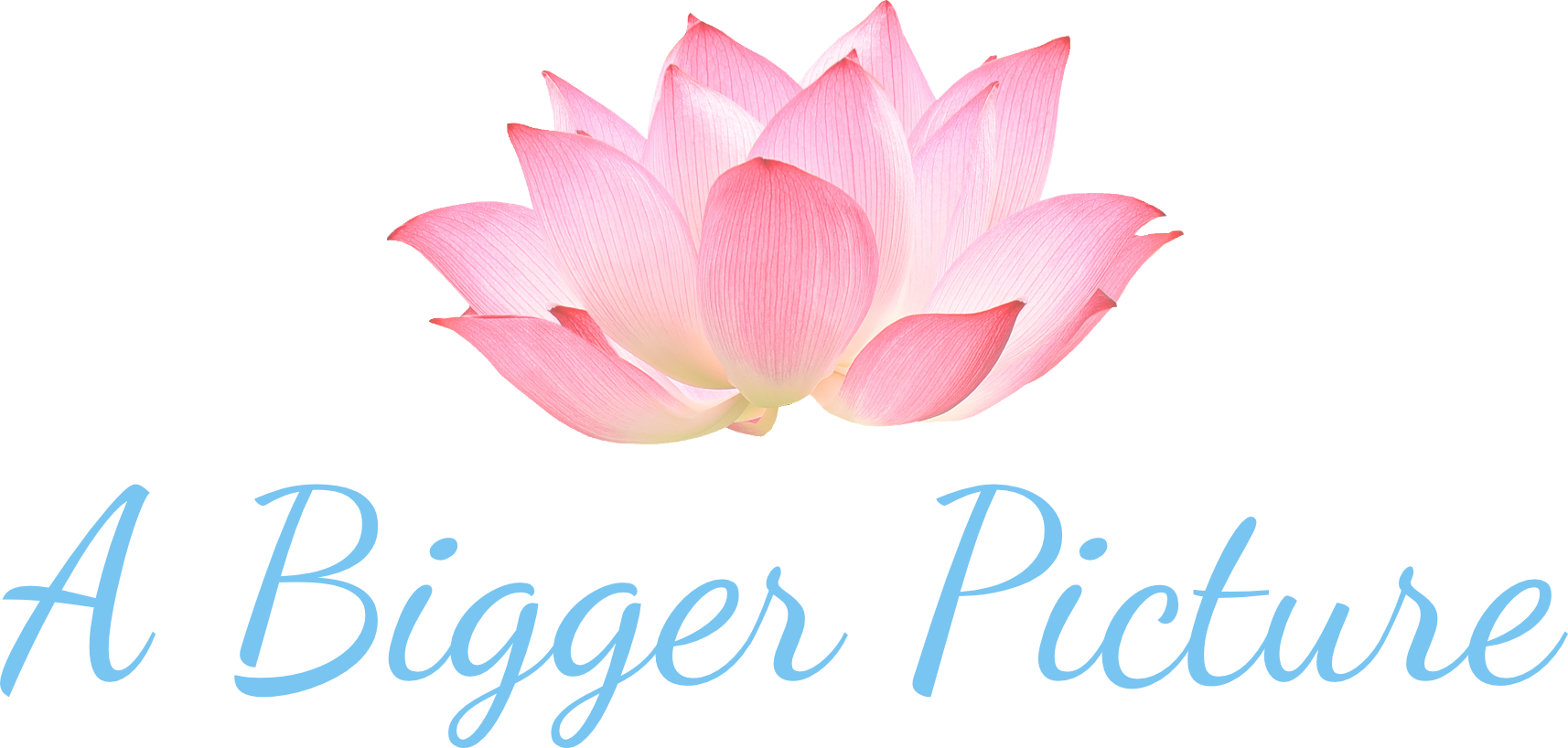
























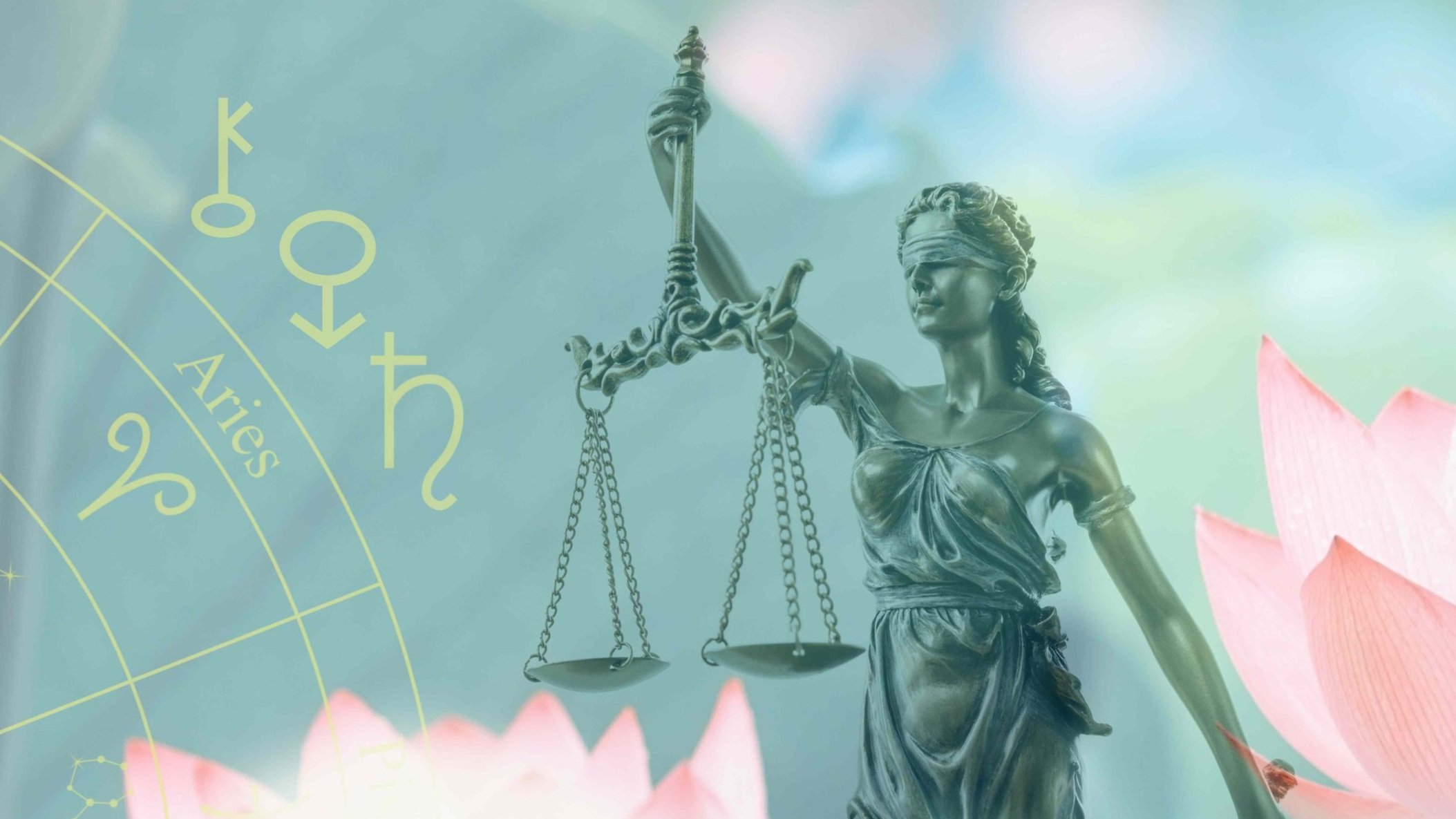





































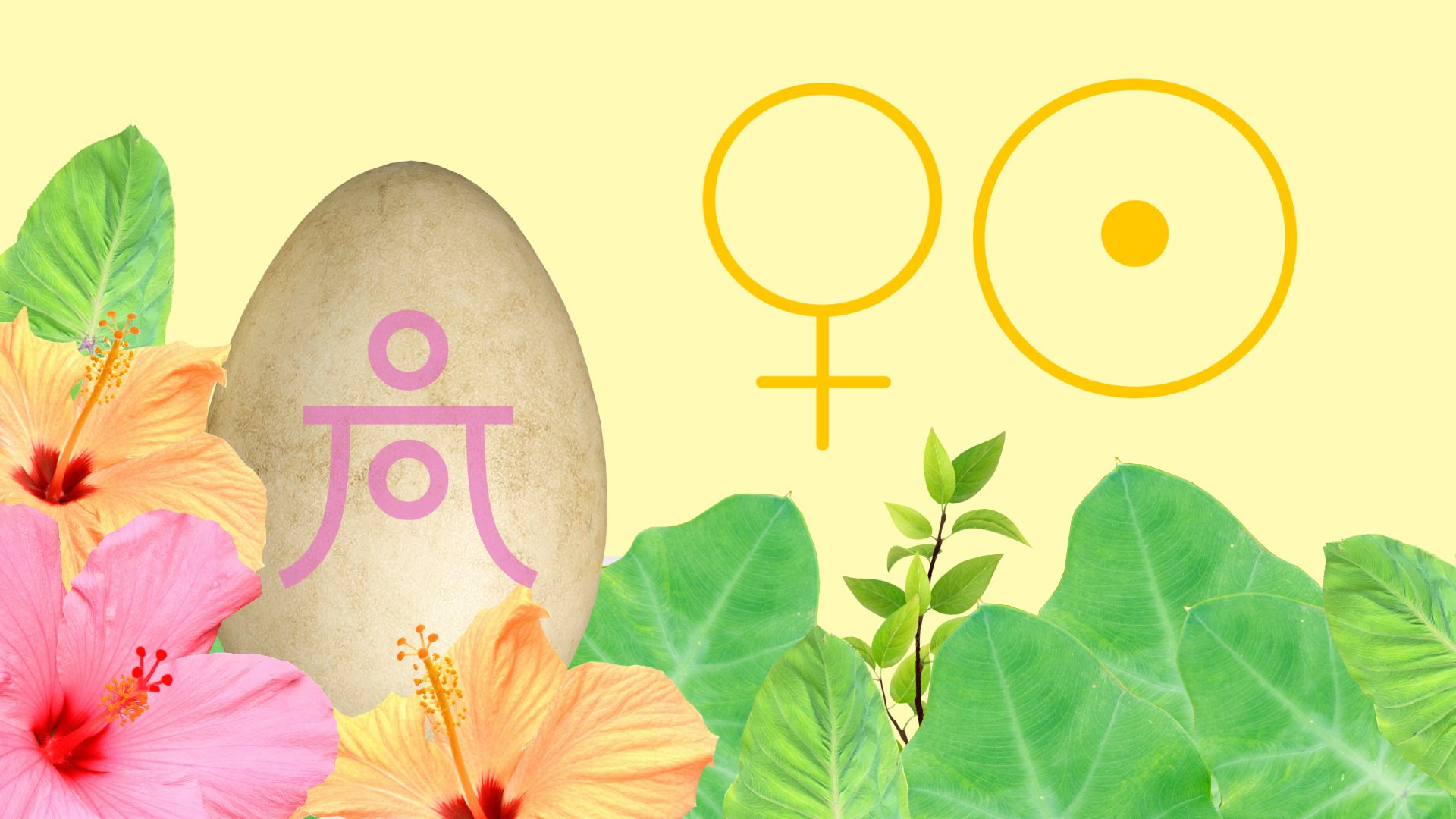






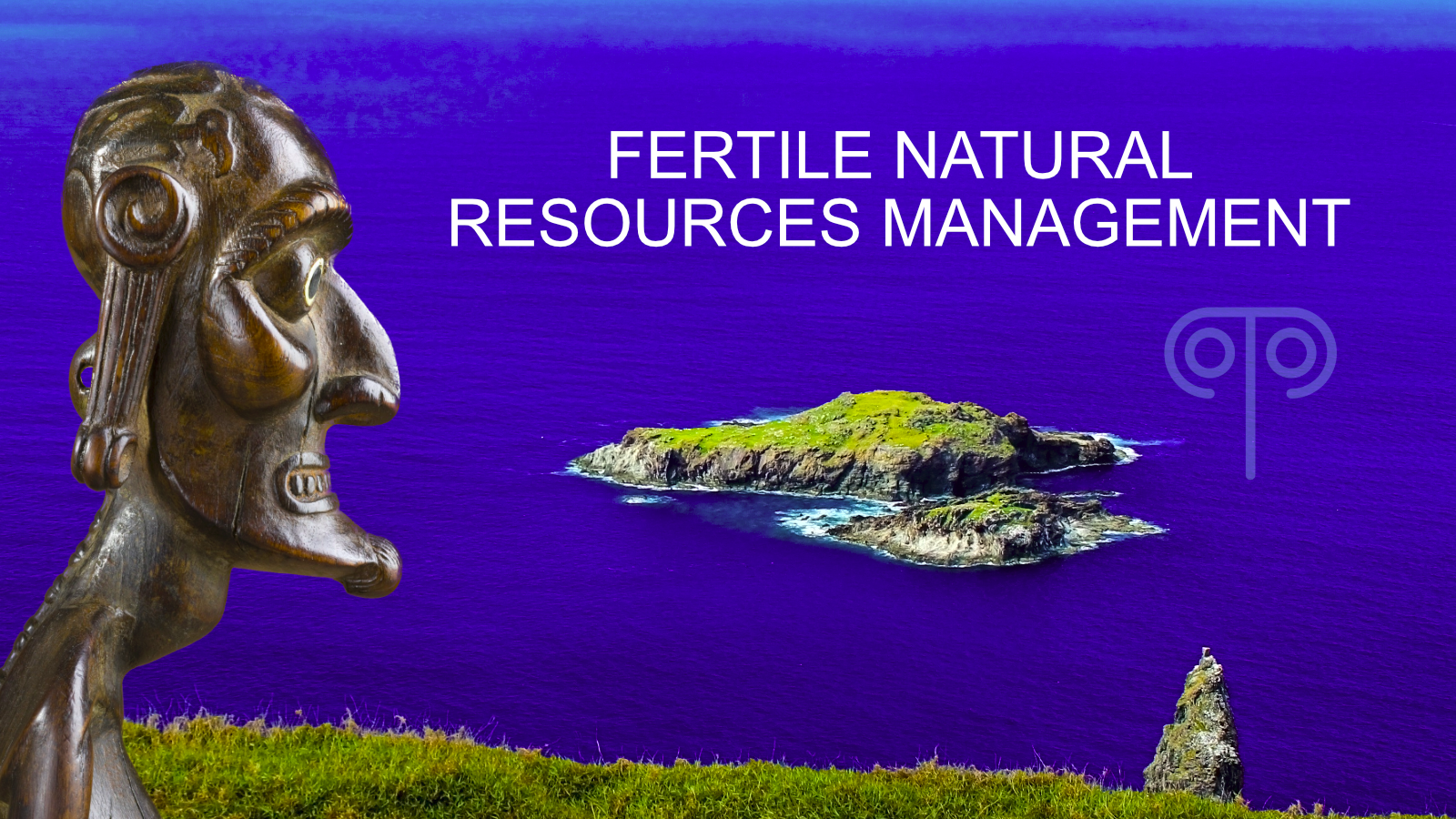
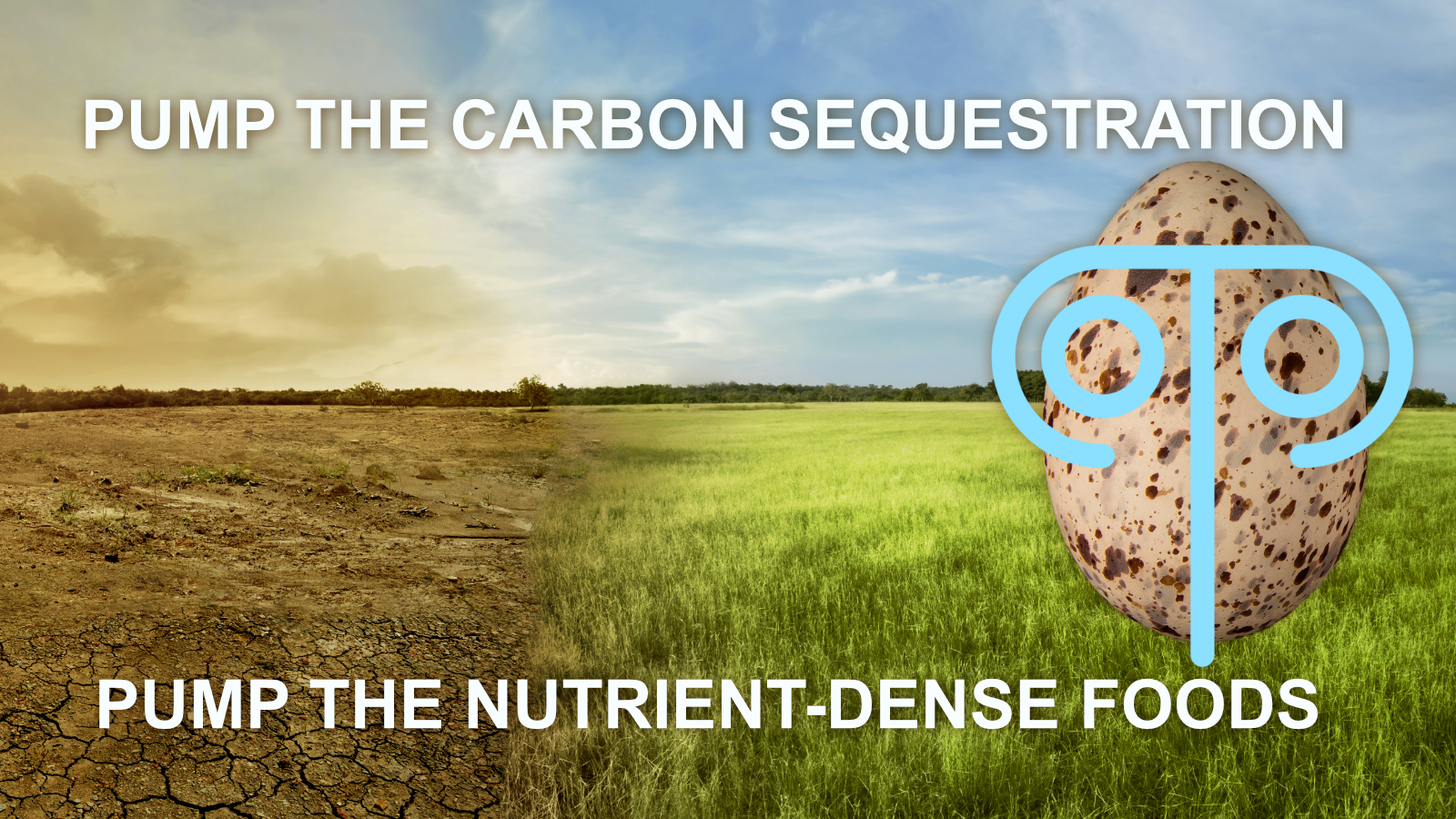











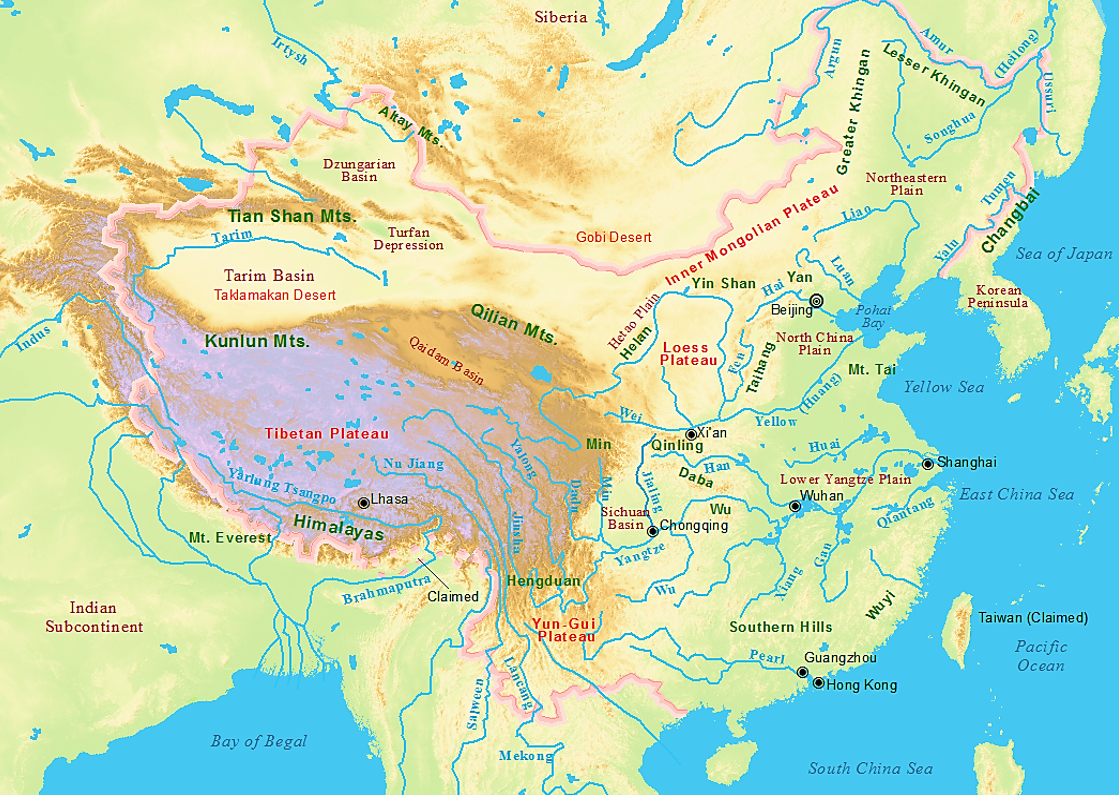





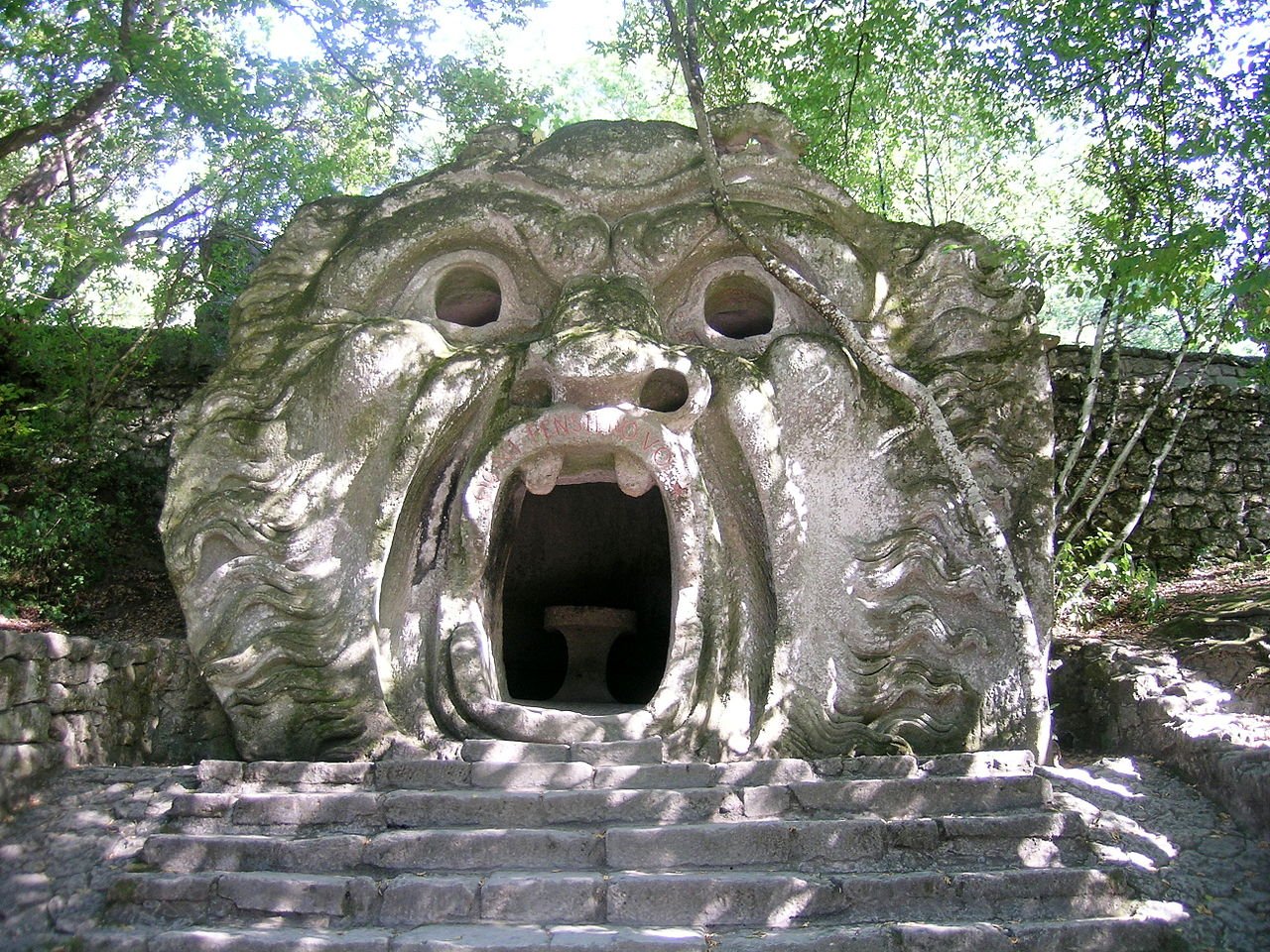


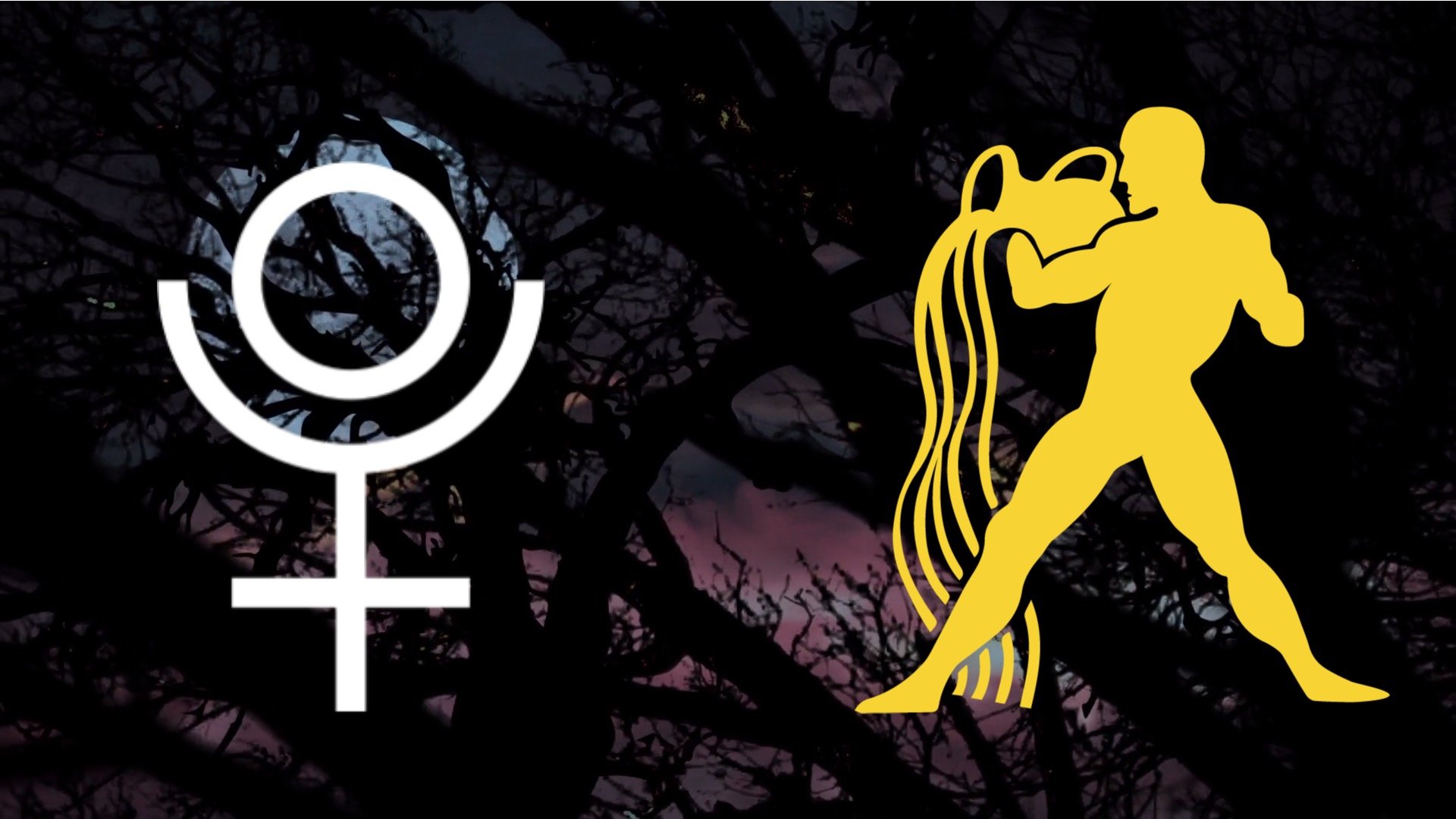








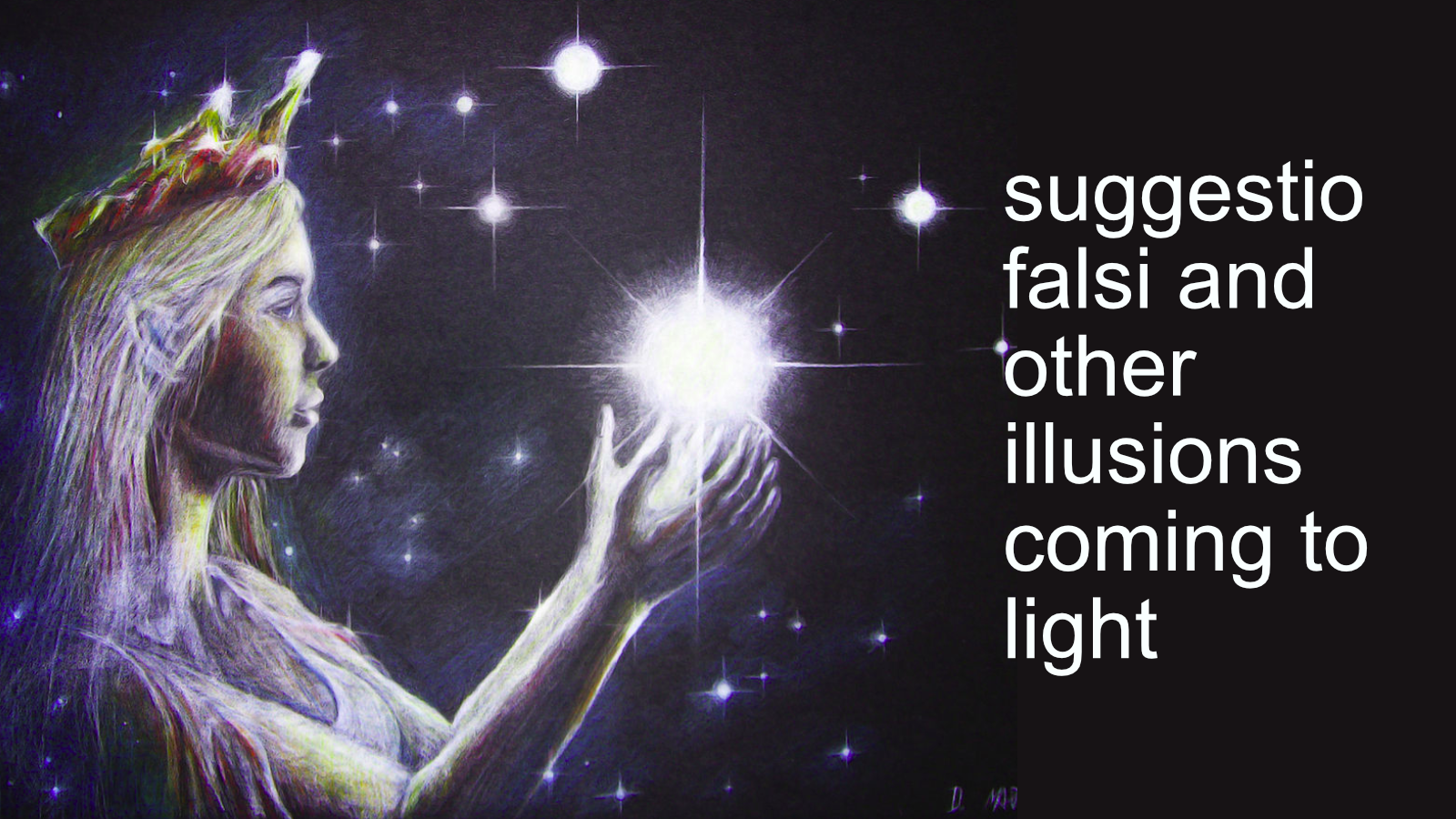






Haumea’s mythology is deeply engaged with a communal struggle with unjust rulers and political systems, and how some would look towards the ancestors, study their ways, to change systems. It concerns government, war, strategy, ancestral knowledge, and childbirth, and how the ancestors themselves would re-think, re-value and research their political thought and practices, to start a revolution, removing the old and installing the new. To organise themselves to cause benevolent change.